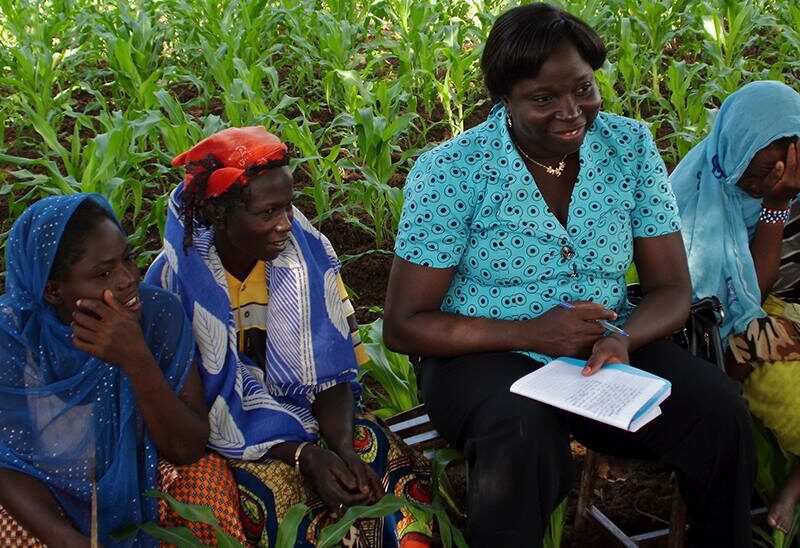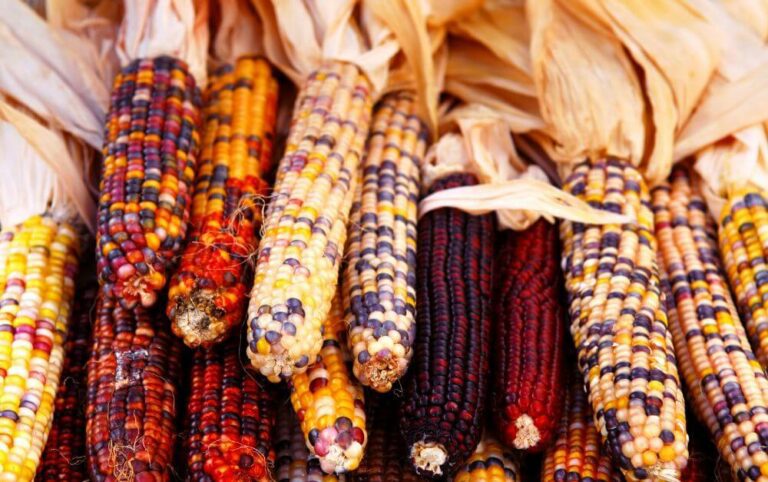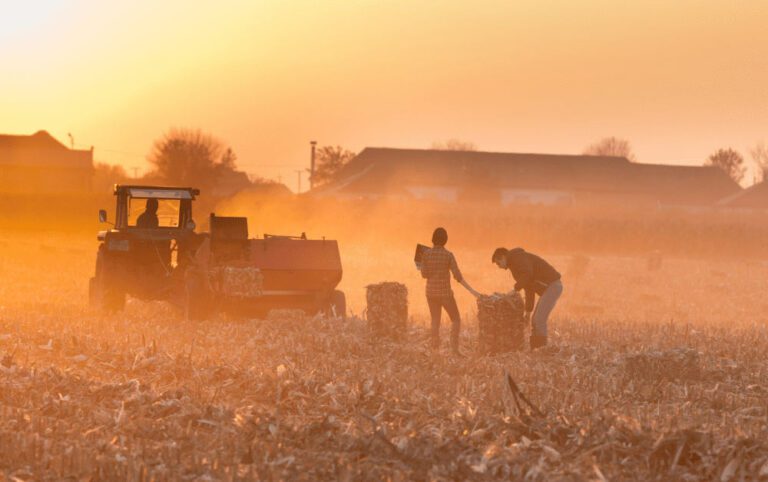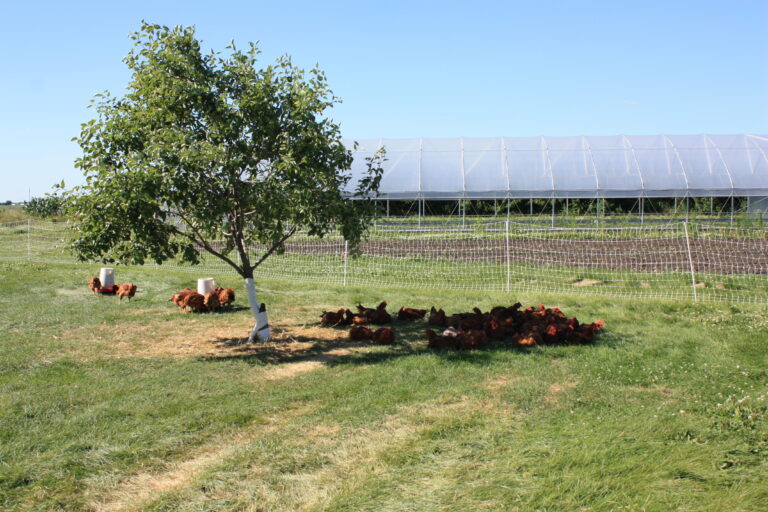On April 1, 2024, Mexico was set to follow through with its 2020 commitment to ban the toxic herbicide glyphosate (the active ingredient in Bayer’s Roundup in the USA and Faena in Mexico) by 2024. When the plan to phase out glyphosate and genetically engineered (GE) corn was originally laid out, Mexico’s government cited the purpose of the new policies as “contributing to food sovereignty and security” and the health of the Mexican people, as well as protecting native corn from contamination by GE pollen. Glyphosate is a pervasive herbicide frequently used on corn and other commodity crops, and genetically engineered corn is often modified to—among other things—be resistant to glyphosate.

News & Analysis
About every five years, the U.S. Congress passes the biggest set of food and farming policies that define the majority of federal farm, food, nutrition, and rural economic programs. At a cost of about $440 billion over five years, these programs influence: What is grown; who grows it; how it is grown or produced; what is done with those products and where they are sold; who can access and afford those goods; and how we invest in rural communities.
By supporting good legislation, opposing bad legislation, and building up a network of supporting organizations, it is our hope that we can collectively move the needle on farmworker rights in the right direction.
Watch and listen as two experienced farmers share stories and practical approaches for small-scale, diversified farms that use the principles of agroecology. This discussion may provide you with ideas that small farms where you live can adapt and thrive.
After many long days of negotiations, the U.N. Environment Programme (UNEP) made a historic move for safer food and farming by passing a resolution on highly hazardous pesticides (HHPs) that calls for action to globally phase out the use of the world’s most toxic pesticides by 2035. Tied with this resolution was the passing of a mandate for UNEP to implement this commitment by forming the Global Alliance on HHPs.
PFAS are persistent and have the potential to affect human health for many years. Some pesticides have PFAS in their formulations and others leach PFAS from their containers.

Science for Solutions: Farmer-scientists driving social change
February 7, 2018
On a brilliant day in July, twenty-some years ago, I stood ankle-deep in the cool mud of a fragrant rice field in central Thailand, listening to the farmers around me discuss the bugs on the plants (were these “satru puut” or “satru thammachat”? pests or

These are dark days for science
February 3, 2018
I try to be optimistic, but the past year hasn’t been a great one for science. The “war on science” you hear people talking about? It’s real, and we’re already seeing its results. Without input from researchers on the leading edge of science, policymakers are

California legislators get a food & farm report card
January 30, 2018
As the new legislative year kicked off in January, PAN joined food and farm groups across California in distributing a report card for California legislators, scoring them on their support of food & farming legislation from the previous year. And while nearly half of legislators

Pesticides threaten salmon & whales, too
January 29, 2018
A new, national report shows that organophosphate pesticides (OPs) threaten the health of aquatic wildlife, notably orca and salmon. Researchers at the National Marine Fisheries Service (NMFS) evaluated malathion, diazinon and the controversial pesticide chlorpyrifos. Chlorpyrifos was slated for a national ban at the Environmental

Dicamba forecast 2018
January 25, 2018
With the 2018 growing season approaching, agricultural states across the country are stepping up to ensure farmers don’t experience the same pesticide drift epidemic that wreaked havoc on farmland last summer. Application of the drift-prone herbicide in question, dicamba, led to an estimated 3.6 million








